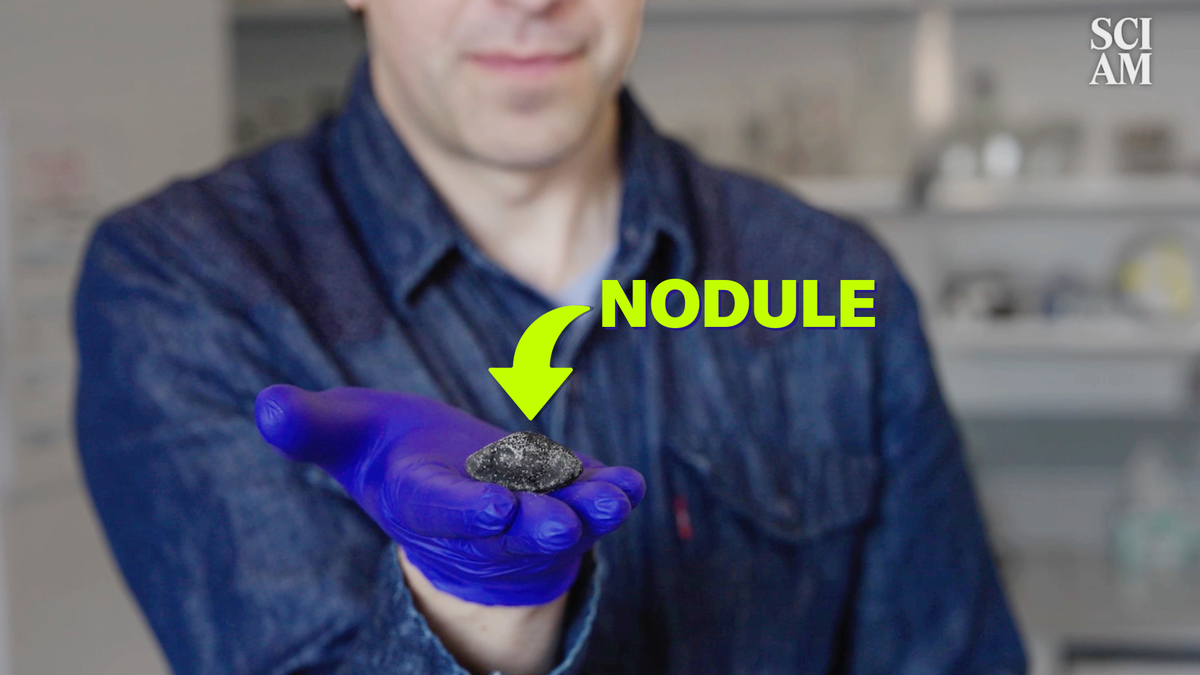
"The researchers dubbed their finding dark oxygen. This discovery showed that deep-sea rock concentrations in the ocean's abyss were producing oxygen in previously unknown ways."
"Delegates from Costa Rica and Panama cited dark oxygen as a reason to pause negotiations on deep-sea mining, emphasizing the need for caution in exploring international waters."
"Many researchers hope their work reaches policymakers, but the rapid response highlighting the urgency of the findings is quite rare in scientific research."
"The discovery of dark oxygen quickly shifted focus and debate in Kingston, Jamaica, as it challenged the consensus on deep-sea mining and extraction processes."
Researchers found that deep-sea rock concentrations generate oxygen, termed 'dark oxygen.' This discovery influenced an international debate on deep-sea mining regulations. Specifically, diplomats from Costa Rica and Panama referenced dark oxygen to advocate for cautious negotiations concerning mining in international waters. The urgency of the finding, published in Nature Geoscience, resonated with ongoing discussions regarding the future exploitation of polymetallic nodules. The documentary project shifted its focus due to the implications of this discovery, highlighting the intersection of scientific research and policy development regarding deep-sea resources.
Read at www.scientificamerican.com
Unable to calculate read time
Collection
[
|
...
]